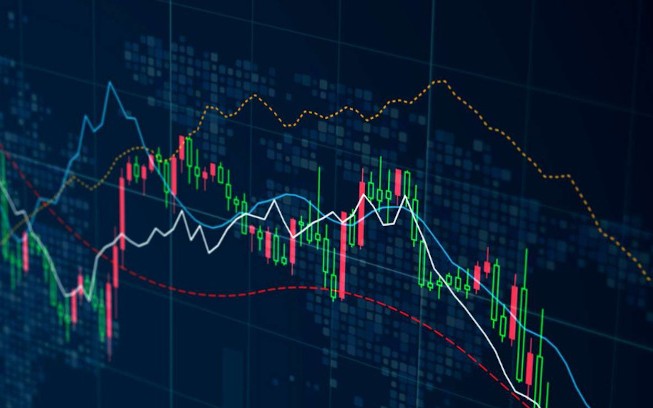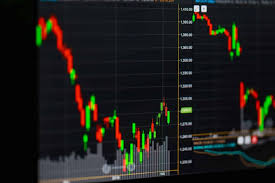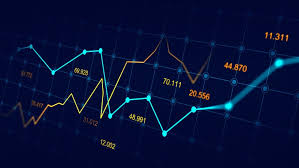
Forex trading has become an increasingly popular way for individuals to engage in financial markets. Online brokers have simplified the process, allowing traders from all corners of the globe to buy and sell currency pairs right from their computers or mobile devices. As you delve into this realm, a key player you may encounter is forex trading online broker India Brokers, among various others. This article explores essential aspects of Forex trading with online brokers, including how to choose the right broker, trading strategies, and important considerations.
Understanding Forex Trading
Forex, or foreign exchange, is the largest financial market in the world, with a daily trading volume surpassing $6 trillion. Participants include banks, financial institutions, corporations, governments, and individual retail traders. Unlike traditional stock markets that operate within specific hours, Forex trading is continuous, open 24 hours a day from Monday to Friday, allowing traders to react swiftly to market changes.
What are Online Forex Brokers?
Online Forex brokers are platforms that facilitate trading in the foreign exchange market. They provide the necessary tools, resources, and infrastructure for traders to execute trades. Brokers can be categorized into two main types: market makers and ECN (Electronic Communication Network) brokers. Market makers set their prices, while ECN brokers provide direct access to the interbank market where prices are taken from liquidity providers.
Choosing the Right Forex Broker
When selecting an online Forex broker, it is crucial to consider several factors:
- Regulation: Ensure the broker is regulated by reputable financial authorities. This helps protect your funds and assures a level of credibility.
- Trading Platform: The broker’s trading platform should be user-friendly and equipped with the necessary tools for analysis and execution of trades.
- Spreads and Fees: Look for brokers offering competitive spreads and transparent fee structures to minimize trading costs.
- Leverage: Consider the leverage options available, keeping in mind that higher leverage increases potential returns but also risks.
- Customer Support: Evaluate the quality of customer support to ensure help is available when you need it.
Developing a Trading Strategy
For successful Forex trading, it’s important to develop a trading strategy that suits your trading style and risk tolerance. Here are some popular trading strategies:

1. Day Trading
Day trading involves opening and closing positions within the same trading day. Traders capitalize on small price movements, requiring quick decisions and constant market monitoring.
2. Swing Trading
Swing trading allows positions to be held for several days or weeks. Traders look to profit from price swings and rely on technical analysis to determine entry and exit points.
3. Scalping
Scalping is a high-frequency trading style that seeks to profit from small price gaps. Scalpers open multiple trades throughout the day, making quick profits from small price changes.
The Importance of Risk Management
No trading strategy is complete without a solid risk management plan. Effective risk management helps protect your capital and prolong your trading career. Here are some strategies:
- Use Stop Loss Orders: Always use stop loss orders to limit losses on a trade.
- Risk a Fixed Percentage: Only risk a small percentage of your trading account on each trade, typically between 1-2%.
- Diversification: Avoid putting all your capital into a single trade. Diversify your trades across different currency pairs.

Market Analysis Techniques
Successful Forex trading relies heavily on market analysis. Traders use two primary methods to analyze markets:
1. Fundamental Analysis
This approach involves analyzing economic indicators, such as GDP, employment rates, and inflation, to make informed trading decisions. Understanding how these factors affect currency values can provide insight into potential market movements.
2. Technical Analysis
Technical analysis focuses on price charts and historical data. Traders use various indicators, such as moving averages, MACD, and Fibonacci retracements, to identify trends and patterns that can suggest potential price movements.
Staying Updated with Market News
The Forex market is influenced by various factors, including economic data releases and geopolitical events. Staying updated with news can provide valuable insight and help you make informed trading decisions. Follow reliable financial news sources, subscribe to newsletters, and utilize economic calendars to track important events.
Conclusion
Forex trading with online brokers offers an exciting opportunity to engage in the largest financial market in the world. By choosing a reputable broker, developing a solid trading strategy, practicing effective risk management, and continuously educating yourself on market movements, you can enhance your chances of success. Remember that trading involves risks, and it is essential to trade responsibly while always prioritizing your financial well-being.


コメント